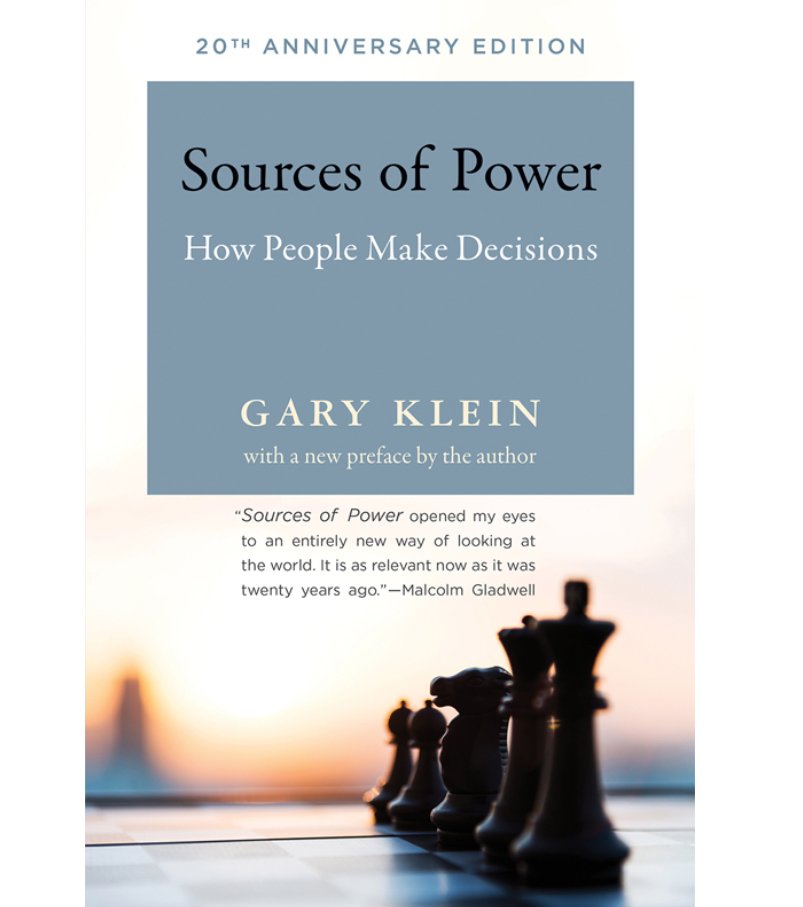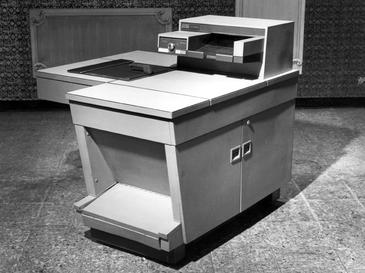
How to get URL link on X (Twitter) App


 2. In a recent poll it was clear that the hard part of design work is RELATIONAL. It's not about our talents or skills.
2. In a recent poll it was clear that the hard part of design work is RELATIONAL. It's not about our talents or skills. 



 2. It sounds like a joke but Smell-O-Vision was one of many attempted innovations to improve the movie theater experience.
2. It sounds like a joke but Smell-O-Vision was one of many attempted innovations to improve the movie theater experience.

 2. Many projects have requirements, schedules and cool ideas, but forget to focus on improving something specific for real people. Or get lost along the way.
2. Many projects have requirements, schedules and cool ideas, but forget to focus on improving something specific for real people. Or get lost along the way. 


 2. This was less surprising: urban vs. rural, except for the *wider gap* in self vs. other perception in rural areas - more pressure to claim wearing masks even if they don't?
2. This was less surprising: urban vs. rural, except for the *wider gap* in self vs. other perception in rural areas - more pressure to claim wearing masks even if they don't? 


 2. Carlson worked at Bell Labs in the 1930s in the patent dept. He had 100s of ideas for different inventions, but focused on copying because typing with carbon paper was messy and frustrating.
2. Carlson worked at Bell Labs in the 1930s in the patent dept. He had 100s of ideas for different inventions, but focused on copying because typing with carbon paper was messy and frustrating. 

https://twitter.com/tomwarren/status/12987270607061770252. Is this one. By just making the toast visible you don't need a button or any extra engineering to raise the toast.
